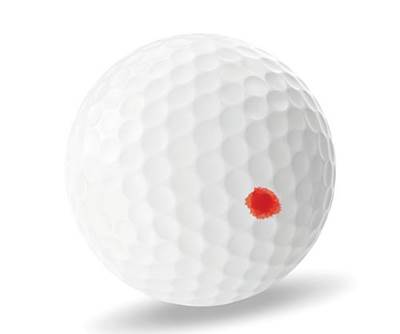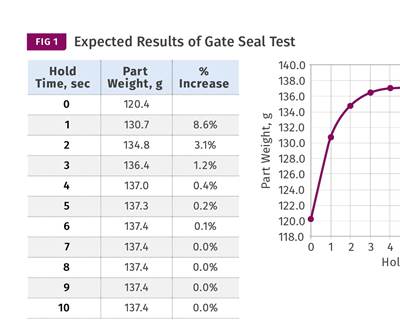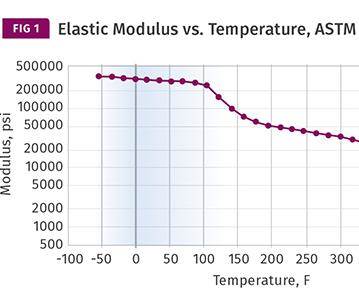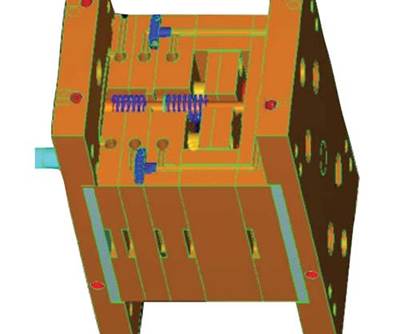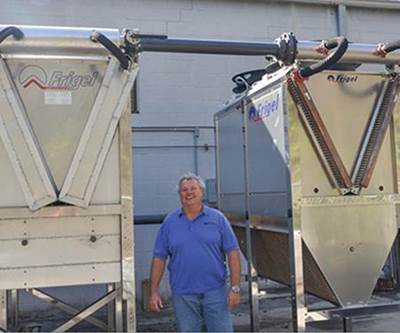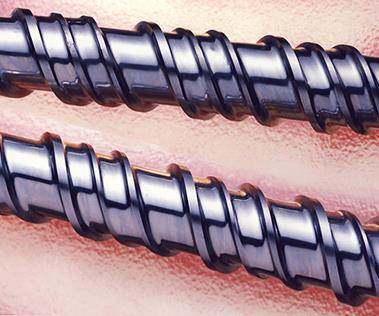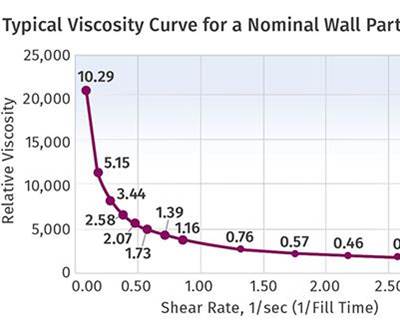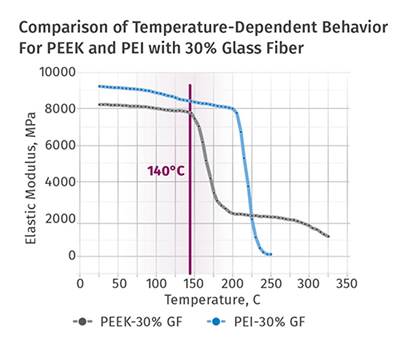best practices
EXTRUSION: Finding the Sweet Spot in Screw Design
The compression ratio of a screw does not provide enough detail on how it will perform. Screw design is a balancing act that takes many variables into account.
Read MoreINJECTION MOLDING: Gate Freeze Study: Danger in a Name?
The test actually determines the hold time needed to mold repeatable parts, and it should be done regardless of whether the gate freezes or not.
Read MoreAre You Getting Maximum Value From Your Plastic Scrap?
If not, you’re throwing away money. The solution comes from knowing the difference between a scrap materials reprocessor and a recycler, and how to evaluate what a reprocessor can do for you.
Read MoreMATERIALS:The Problems with Single-Point Data
This real-world scenario explains why molders and their customers need to ‘think in terms of graphs’ and gather as much data as possible before selecting a material for an application. Part 11.
Read MoreINJECTION MOLDING: Properly Placing & Cooling Insulator Plates
Thermal-energy management from the mold to the platens is critical for making consistent parts.
Read MoreA Service Engineer’s Guide to Boosting Molding Machine Productivity
Consider these tips from a technician who’s visited about 4000 plants over a 40-year span.
Read MoreIntegrated Process Cooling Boosts Output, Cuts Costs
Closed-loop system helps an extrusion processor maintain quality of reusable straws and other products.
Read MoreEXTRUSION: Understanding The Barrier Gap
All barrier screws are not created equal, and the barrier length and gap can be one of the reasons.
Read MoreINJECTION MOLDING: Do You Need to Profile Injection Velocity?
Look at the parts. If the answer is yes, the on-machine viscosity curve can help.
Read MoreMATERIALS: The Problems with Single-Point Data: Part 10
You can predict creep performance of a material over time at a particular temperature by examining how its modulus changes over a range of temperatures.
Read More